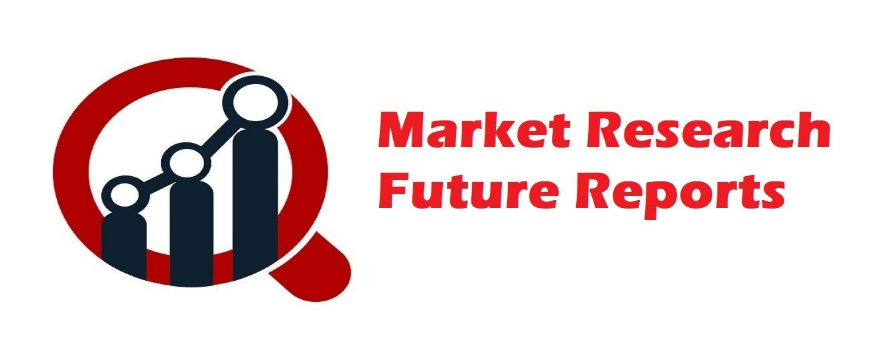The Autologous Cell Therapy Market Size was valued at USD 5.27 billion in 2022 and is projected to grow from USD 5.38 Billion in 2023 to USD 30.12 billion by 2032, exhibiting a compound annual growth rate (CAGR) of 19.56% during the forecast period (2023 - 2032).
In the realm of medical advancements, few fields hold as much promise as autologous cell therapy. This innovative approach harnesses the power of a patient's own cells to combat diseases and regenerate damaged tissues. With ongoing research and technological breakthroughs, the autologous cell therapy market is poised for significant growth and impact in the coming years.
Autologous cell therapy involves harvesting cells from a patient, processing them in a laboratory setting, and reintroducing them into the body to stimulate healing or fight diseases. Unlike traditional treatments that often rely on medications or donor cells, autologous cell therapy offers a personalized approach tailored to individual patients.
Key Applications and Therapeutic Areas:
The applications of autologous cell therapy span a wide range of therapeutic areas, including oncology, neurology, cardiology, orthopedics, and autoimmune disorders. In oncology, for instance, autologous CAR-T cell therapy has revolutionized the treatment of certain types of cancer by enhancing the body's immune response against tumor cells. Similarly, in neurology, stem cell-based therapies hold promise for treating conditions such as spinal cord injuries, multiple sclerosis, and Parkinson's disease.
Market Segmentation:
The Autologous Cell Therapy market is divided into segments to better understand its outlook and applications. It encompasses Autologous Stem Cell Therapy and Autologous Cellular Immunotherapies, targeting various medical fields like Cancer, Cardiology, Urology, Neurovascular, Gastrointestinal, General Surgery, Pain Management, and Trauma. Sources for such therapies include Bone Marrow, Epidermis, and others. End-users primarily consist of Hospitals & Clinics and Ambulatory Centers, reflecting the diverse landscape of medical institutions adopting autologous cell therapy.
Key Players:
The Autologous Cell Therapy Market players representing a global spectrum. Noteworthy companies include Bristol Myers Squibb (US), Bayer AG (Germany), Autolus Therapeutics (UK), Sangamo Therapeutics (US), Holostem Terapie Avanzate S.r.l. (Modena), Vericel Corporation (US), Opexa Therapeutics (US), BrainStorm Cell Therapeutics (US), Pharmicell Co., Inc. (South Korea), and Daiichi Sankyo Co., Ltd (Japan). These companies, among others, contribute significantly to the advancements and developments in autologous cell therapy worldwide.
Regional Analysis:
The regional outlook for autologous cell therapy spans across various continents, each with its own unique landscape. In North America, both the US and Canada exhibit significant potential for advancements in this field. Moving to Europe, countries like Germany, France, the UK, Italy, and Spain stand out as key players. Meanwhile, the Asia-Pacific region, encompassing nations like China, Japan, India, Australia, and South Korea, demonstrates a growing interest in autologous cell therapy. Additionally, the Middle East, Africa, and Latin America contribute to the global landscape in this domain.
Challenges and Opportunities:
Despite its immense potential, the autologous cell therapy market trends faces certain challenges, including the high cost of treatment, manufacturing complexities, and regulatory hurdles. However, ongoing efforts to streamline production processes, reduce costs, and establish standardized protocols are addressing these challenges. Furthermore, collaborations between academia, industry, and regulatory agencies are paving the way for greater acceptance and adoption of autologous cell therapies.
Future Outlook:
The future of the autologous cell therapy market appears promising. Continued advancements in cell biology, genetic engineering, and biomaterials are expected to expand the scope of therapeutic applications and improve patient outcomes. Additionally, the emergence of innovative technologies such as 3D bioprinting and organoid culture systems holds the potential to revolutionize tissue engineering and regenerative medicine.
About Related Reports:
Patient Handling Equipment Market
